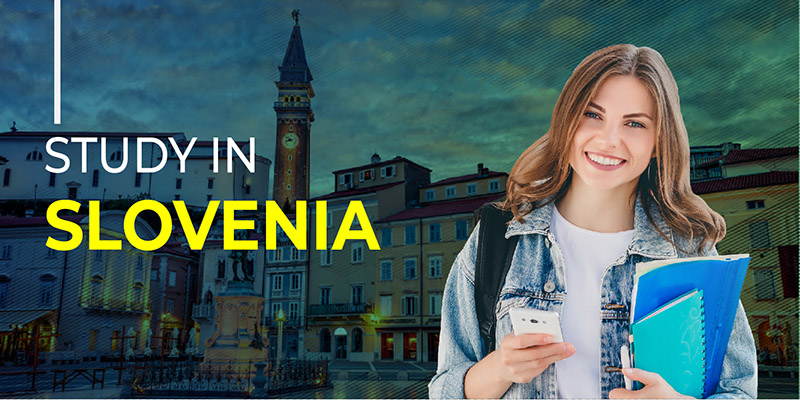
OVERVIEW
It seems like you're referring to Slovenia, not "Slovenia." Slovenia is a Central European country known for its stunning natural landscapes, rich cultural heritage, and high-quality education system. Here's an overview for international students interested in studying in Slovenia:
1. Location and Geography: Slovenia is located in Central Europe, bordered by Italy to the west, Austria to the north, Hungary to the northeast, and Croatia to the south and southeast. The country boasts diverse geography, including the Julian Alps, picturesque lakes, lush forests, and a small coastline along the Adriatic Sea.
2. Language: The official language of Slovenia is Slovene. While Slovene is the primary language of instruction at most universities, many programs, especially at the graduate level, are offered in English. International students may also have the opportunity to learn Slovene as a second language.
3. Education System: Slovenia has a well-developed education system with a range of higher education institutions, including universities, faculties, and colleges. The academic year typically runs from October to June, divided into two semesters.
4. Tuition Fees: Tuition fees for international students in Slovenia are generally affordable compared to other European countries. Public universities often offer lower tuition fees for EU/EEA students, while fees for non-EU/EEA students and private universities may be higher. Tuition fees vary depending on the institution and program of study.
5. Cost of Living: The cost of living in Slovenia is moderate compared to Western European countries. Living expenses, including accommodation, food, transportation, and leisure activities, are generally affordable, especially in smaller cities and towns.
6. Visa Requirements: Non-EU/EEA students planning to study in Slovenia for more than 90 days typically need to apply for a long- term student visa or residence permit. Visa requirements may vary depending on nationality and length of stay. Students should check with the Slovenian embassy or consulate in their home country for specific visa requirements and application procedures.
7. Healthcare: Slovenia has a comprehensive healthcare system that provides medical services to residents and legal residents. International students may be required to obtain health insurance coverage either through the Slovenian public healthcare system, private insurance, or an insurance policy from their home country.
8. Student Life: Slovenia offers a vibrant cultural scene with numerous festivals, events, and outdoor activities throughout the year. International students can explore historic cities, enjoy outdoor adventures in the Alps and Triglav National Park, and experience Slovenian cuisine and hospitality.
9. Post-Study Opportunities: Graduates from Slovenian universities have access to various career opportunities in Slovenia and across Europe. The country's growing economy, particularly in sectors such as tourism, technology, and green industries, offers favorable prospects for skilled professionals.
10. Support Services: Slovenian universities typically provide support services for international students, including orientation programs, academic advising, accommodation assistance, and cultural integration activities. Students can also seek guidance from international student offices, academic advisors, and peer mentors.
Overall, Slovenia offers international students a welcoming environment, high-quality education, and diverse cultural experiences, making it an attractive destination for study abroad.